Worldwide Animal Issues
Four Paws UK is working around the world to protect suffering animals. Here are just five of its campaigns that your donations can support.
Worldwide Animal Issues is a feature from Issue 9 of Charitable Traveller. Click to read more from this issue.
1. Captive Bears in Europe
It’s estimated that hundreds of bears are still kept in captivity in Europe, many of them in appalling conditions in circuses, private homes and zoos. In Southeast Europe in particular, they are often held in squalid and tiny cages. Four Paws’ #SaddestBears initiative is working to end bear captivity in countries like Albania, Bulgaria, Croatia, Kosovo, Serbia and Ukraine and has already ended the cruel practice of keeping dancing bears in Bulgaria and Serbia.
2. The Big Cat Trade in South Africa
This includes indigenous species like lions and leopards as well as imported tigers and jaguars. Cats are intensively bred and sold legally for-profit (for interactions, to be kept as pets, for trophy hunting or for entertainment) or illegally exported to Asia for use in traditional medicines. There are 300 breeding farms in South Africa, housing 10,000-12,000 lions alone, and they are contributing to the decline of cat species in the wild. Sign Four Paws’ petition to ban the commercial trade of big cats in South Africa.
3. The illegal puppy trade
The demand for puppies is higher than ever and unscrupulous dealers are profiting from selling puppies that have been bred in deplorable conditions. The European online trade in puppies is worth almost 1.5 billion Euros per year. Often sick and unvaccinated, puppies are transported hundreds of miles. Four Paws is campaigning to transform the online pet trade into a transparent and accountable one.
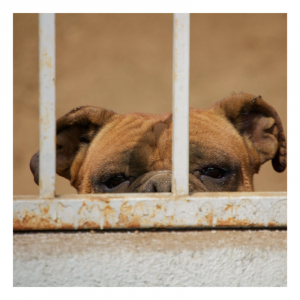
4. The force feeding of birds in Europe
The delicacy of foie gras has a dark side. Ducks and geese are force fed via a metal pipe which is rammed into their gullet three times a day to pump corn and fat into them for rapid weight gain. The bird’s livers can grow up to 10 times the normal size and their legs often can’t support their weight. Force-feeding is illegal in the UK but foie gras from France, Hungary, Bulgaria, Spain and Belgium is still sold here. It’s something Four Paws is campaigning to stop.
5. The dog and cat meat trade in Asia
Every day in Cambodia, Indonesia and Vietnam, pet dogs and cats are stolen from loving families and sold into the meat trade. Not only are owners left devastated but it poses serious human health risks, spreading deadly diseases. Dogs and cats experience horrific conditions before being slaughtered using cruel and barbaric methods. Four Paws is working to close slaughterhouses and rehome animals.
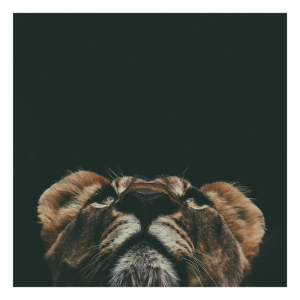
Worldwide Animal Issues
Four Paws UK is working around the world to protect suffering animals. Here are just five of its campaigns that your donations can support.
Worldwide Animal Issues is a feature from Issue 9 of Charitable Traveller. Click to read more from this issue.
1. Captive Bears in Europe
It’s estimated that hundreds of bears are still kept in captivity in Europe, many of them in appalling conditions in circuses, private homes and zoos. In Southeast Europe in particular, they are often held in squalid and tiny cages. Four Paws’ #SaddestBears initiative is working to end bear captivity in countries like Albania, Bulgaria, Croatia, Kosovo, Serbia and Ukraine and has already ended the cruel practice of keeping dancing bears in Bulgaria and Serbia.
3. The illegal puppy trade
The demand for puppies is higher than ever and unscrupulous dealers are profiting from selling puppies that have been bred in deplorable conditions. The European online trade-in puppies is worth almost 1.5 billion Euros per year. Often sick and unvaccinated, puppies are transported hundreds of miles. Four Paws is campaigning to transform the online pet trade into a transparent and accountable one.
5. The Dog & Cat meat trade in asia
Every day in Cambodia, Indonesia and Vietnam, pet dogs and cats are stolen from loving families and sold into the meat trade. Not only are owners left devastated but it poses serious human health risks, spreading deadly diseases. Dogs and cats experience horrific conditions before being slaughtered using cruel and barbaric methods. Four Paws is working to close slaughterhouses and rehome animals.
2. The big cat trade in South Africa
This includes indigenous species like lions and leopards as well as imported tigers and jaguars. Cats are intensively bred and sold legally for profit (for interactions, to be kept as pets, for trophy hunting or for entertainment) or illegally exported to Asia for use in traditional medicines. There are 300 breeding farms in South Africa, housing 10,000-12,000 lions alone, and they are contributing to the decline of cat species in the wild. Sign Four Paws’ petition to ban the commercial trade of big cats in South Africa.
4. The force feeding of birds in Europe
The delicacy of foie gras has a dark side. Ducks and geese are force fed via a metal pipe which is rammed into their gullet three times a day to pump corn and fat into them for rapid weight gain. The bird’s livers can grow up to 10 times the normal size and their legs often can’t support their weight. Force-feeding is illegal in the UK but foie gras from France, Hungary, Bulgaria, Spain and Belgium is still sold here. It’s something Four Paws is campaigning to stop.
Worldwide Animal ISSUEs
Four Paws UK is working around the world to protect suffering animals. Here are just five of its campaigns that your donations can support.
Worldwide Animal Issues is a feature from Issue 9 of Charitable Traveller. Click to read more from this issue.
1. Captive Bears in Europe
It’s estimated that hundreds of bears are still kept in captivity in Europe, many of them in appalling conditions in circuses, private homes and zoos. In Southeast Europe in particular, they are often held in squalid and tiny cages. Four Paws’ #SaddestBears initiative is working to end bear captivity in countries like Albania, Bulgaria, Croatia, Kosovo, Serbia and Ukraine and has already ended the cruel practice of keeping dancing bears in Bulgaria and Serbia.the silver dikdik, a tiny antelope that weighs less than most cats and stands just 30cm high.
2. The Big Cat Trade in South Africa
This includes indigenous species like lions and leopards as well as imported tigers and jaguars. Cats are intensively bred and sold legally for profit (for interactions, to be kept as pets, for trophy hunting or for entertainment) or illegally exported to Asia for use in traditional medicines. There are 300 breeding farms in South Africa, housing 10,000-12,000 lions alone, and they are contributing to the decline of cat species in the wild. Sign Four Paws’ petition to ban the commercial trade of big cats in South Africa.
3. The Illegal Puppy Trade
The demand for puppies is higher than ever and unscrupulous dealers are profiting from selling puppies that have been bred in deplorable conditions. The European online trade-in puppies is worth almost 1.5 billion Euros per year. Often sick and unvaccinated, puppies are transported hundreds of miles. Four Paws is campaigning to transform the online pet trade into a transparent and accountable one.
4. The force feeding of birds in Europe
The delicacy of foie gras has a dark side. Ducks and geese are force fed via a metal pipe which is rammed into their gullet three times a day to pump corn and fat into them for rapid weight gain. The bird’s livers can grow up to 10 times the normal size and their legs often can’t support their weight. Force-feeding is illegal in the UK but foie gras from France, Hungary, Bulgaria, Spain and Belgium is still sold here. It’s something Four Paws is campaigning to stop.
5. the dog and cat meat trade in asia
Every day in Cambodia, Indonesia and Vietnam, pet dogs and cats are stolen from loving families and sold into the meat trade. Not only are owners left devastated but it poses serious human health risks, spreading deadly diseases. Dogs and cats experience horrific conditions before being slaughtered using cruel and barbaric methods. Four Paws is working to close slaughterhouses and rehome animals.
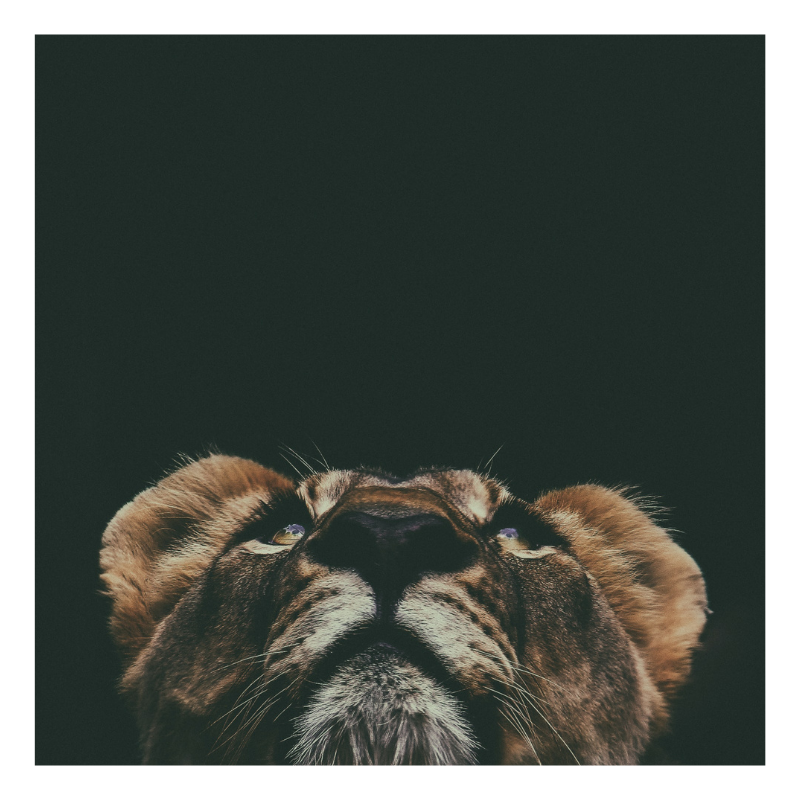
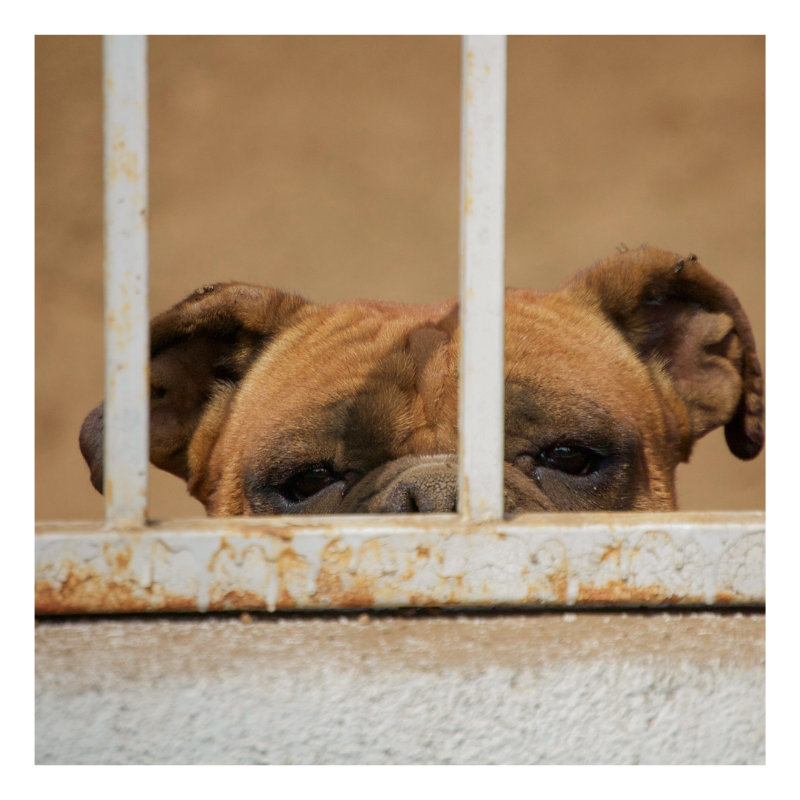


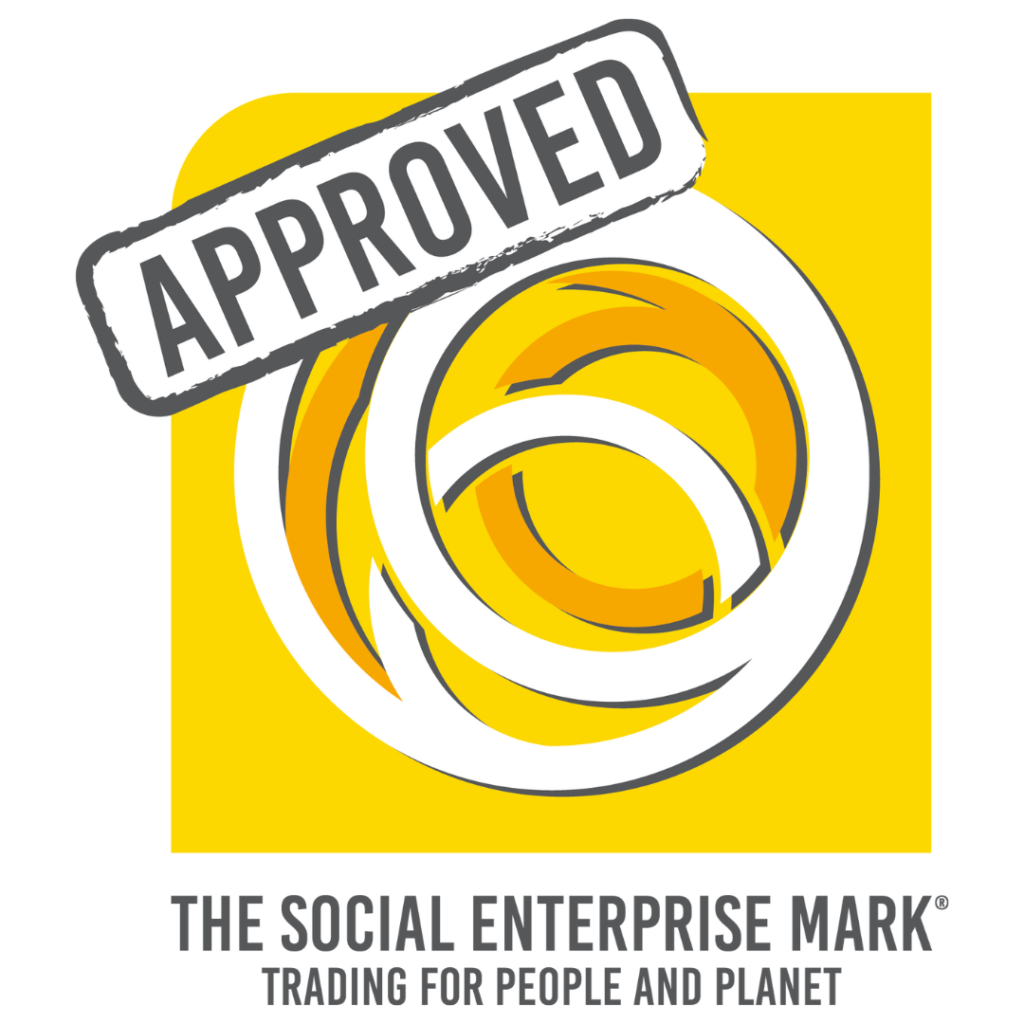
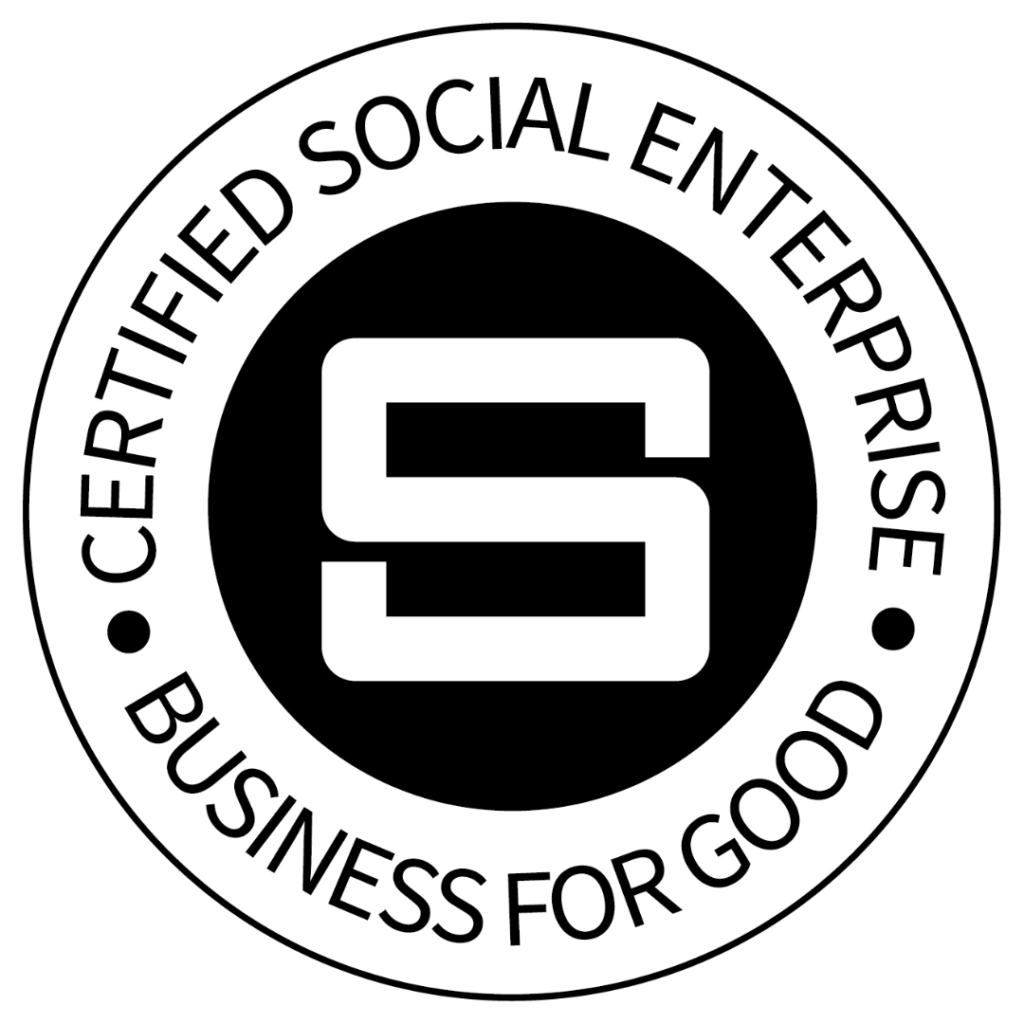


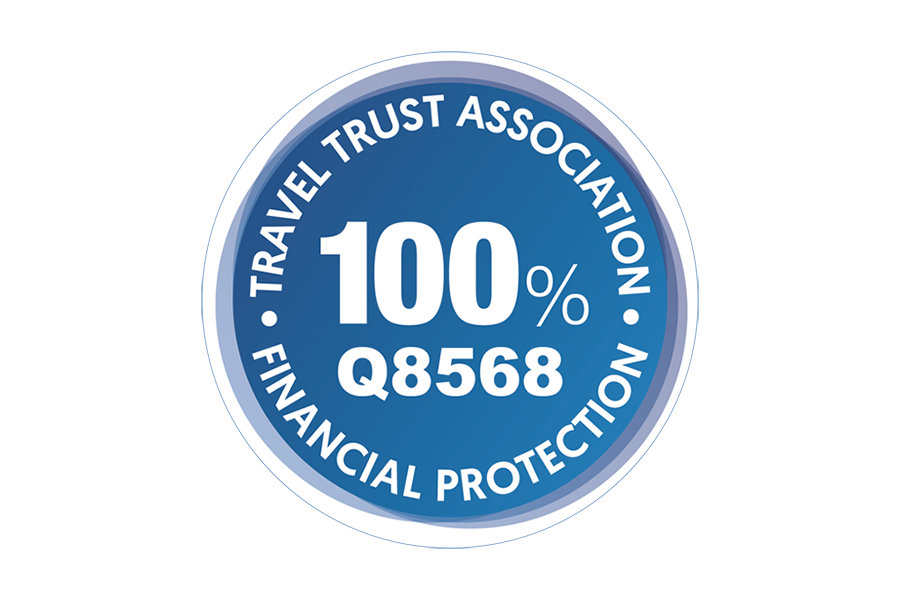
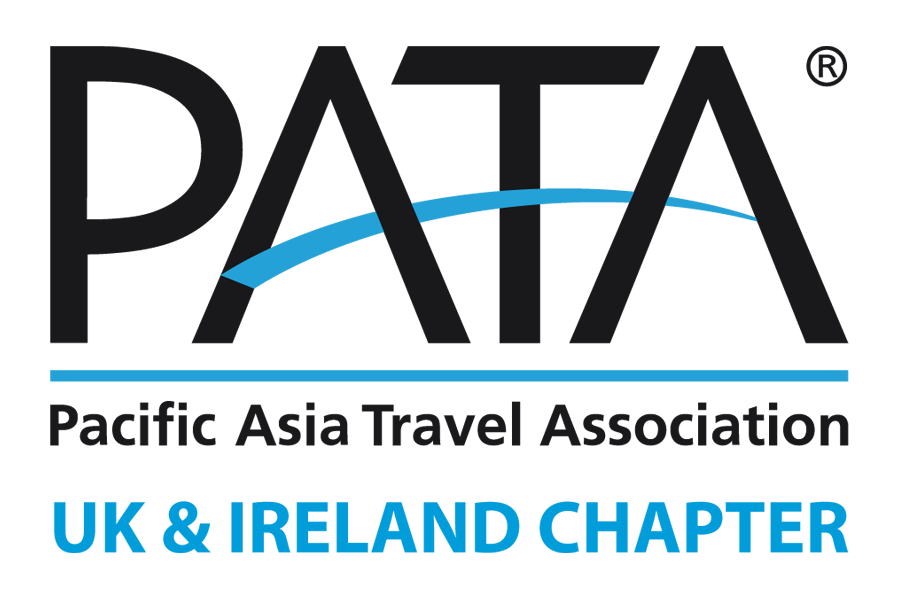
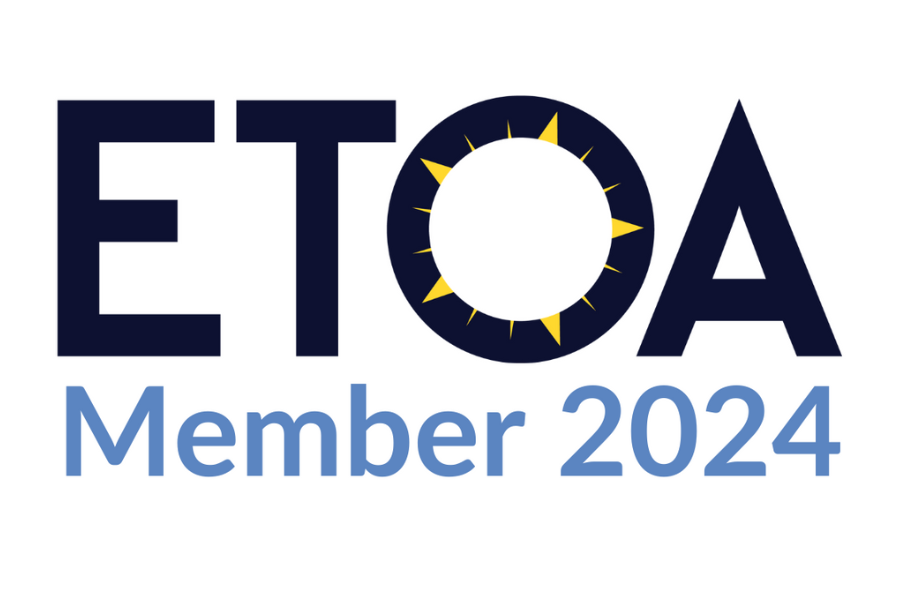
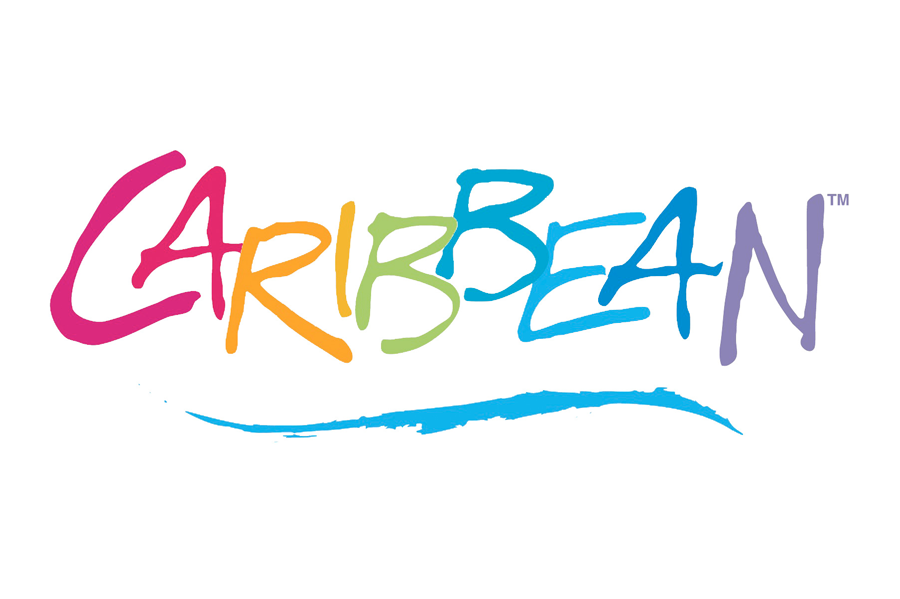
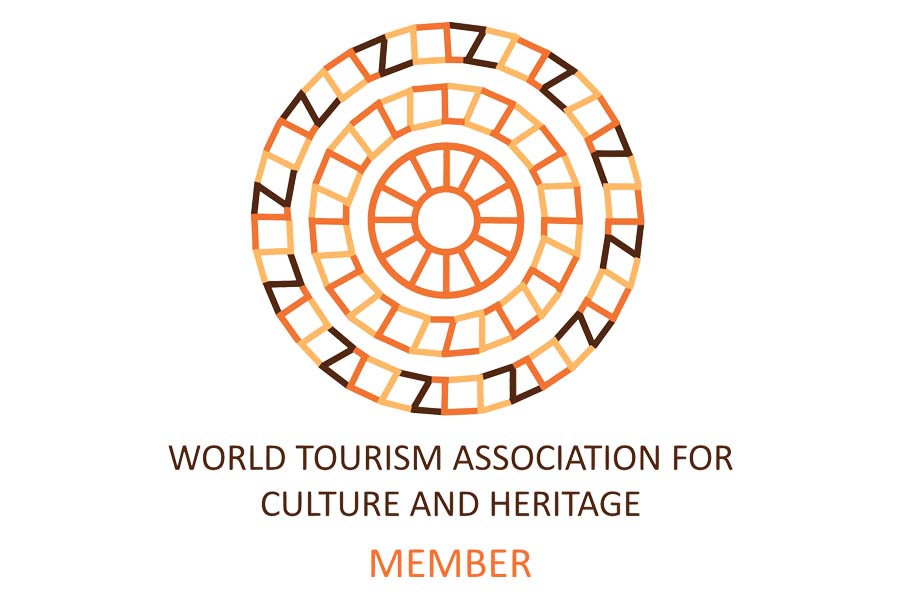
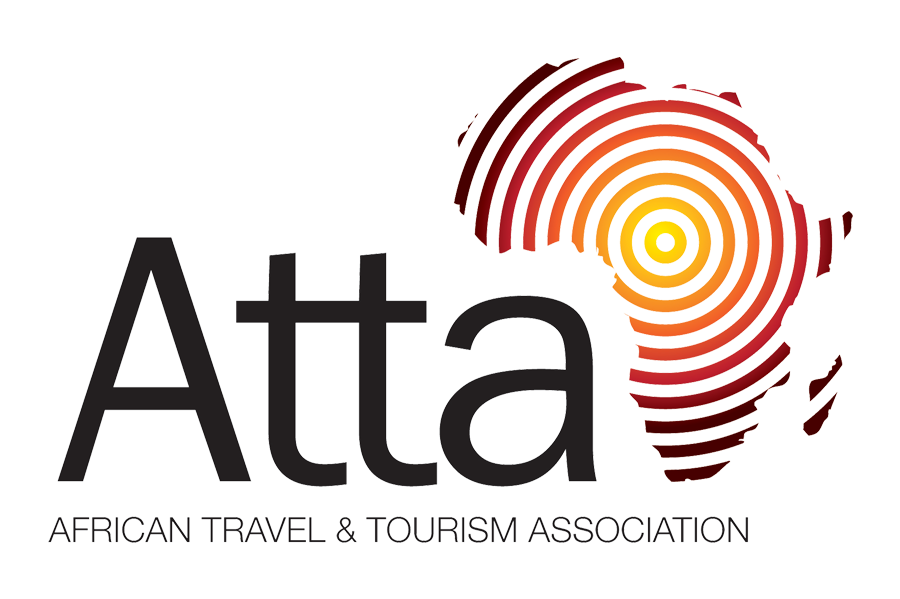

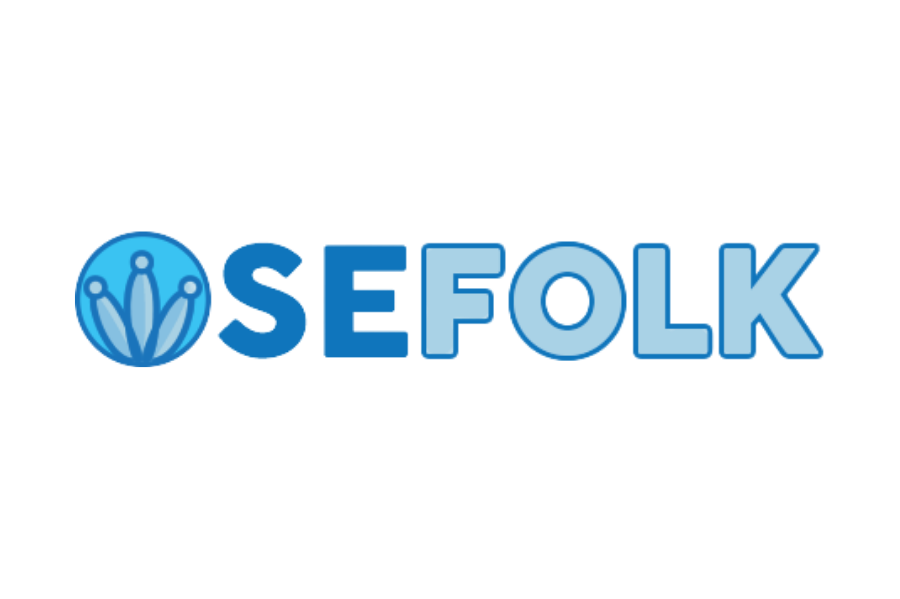
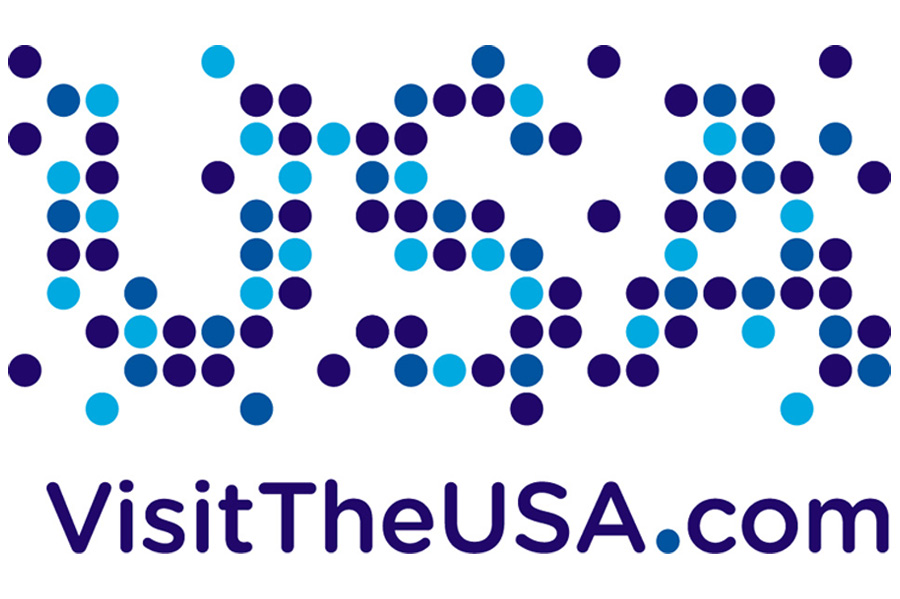
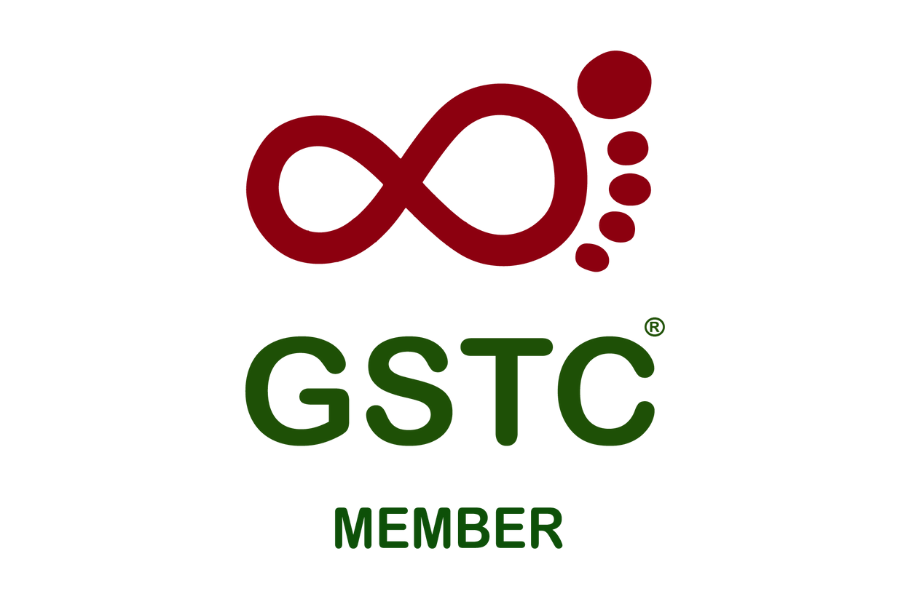

 by net effect
by net effect